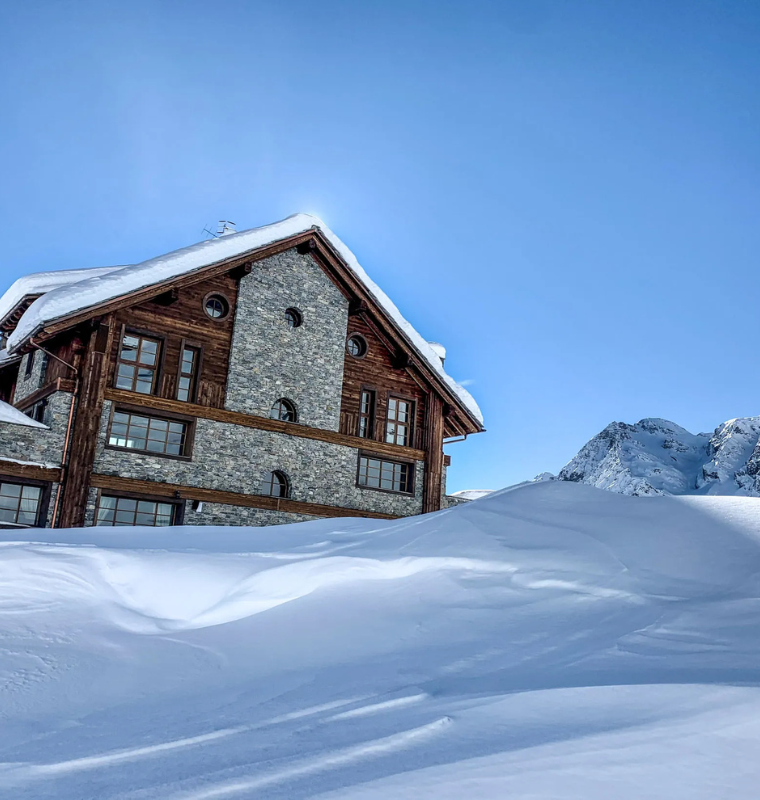Trump Imposes Additional 10% Tariff on Canada Amid Controversial Reagan Trade Ad
Trump Imposes Additional 10% Tariff on Canada Amid Controversial Reagan Trade Ad
By
Rachel Steinberg
Last updated:
October 27, 2025
First Published:
November 30, 2025

Getty Images
President Donald Trump announced an additional 10% tariff on Canadian imports, escalating trade tensions between the two countries. The move comes in response to a TV advertisement from Ontario featuring excerpts from former President Ronald Reagan’s 1987 speech on tariffs, which Trump claims misrepresents Reagan’s stance.
Trump accused the Ontario government of a “fraudulent advertisement” and criticized its decision to delay pulling the ad until after the first two games of the World Series, saying, “They could have pulled it tonight. Well, that’s dirty play. But I can play dirtier than they can.”
Background on the Tariff Increase
Currently, Canadian goods generally face a 35% tariff in the U.S., with certain products covered under the USMCA exempted. Steel and aluminum are tariffed at 50%. With the extra 10% imposed, the new effective tariff increases trade costs significantly for Canadian exporters.
The controversy began after the Ontario government aired an ad during the World Series showcasing Reagan criticizing tariffs, without including the full context. The Ronald Reagan Presidential Foundation and Institute stated that the ad omitted Reagan’s discussion of tariffs on Japanese semiconductors and misrepresented his support for protective measures for U.S. industry.
Ontario Premier Doug Ford, a self-described Reagan enthusiast, defended the ad, stating the campaign aimed to spark discussion about tariffs’ economic impact and reach U.S. audiences. He later announced that the ad would be paused effective Monday to resume trade negotiations with the U.S.
The World Series Spotlight
The ad aired during the first game of the World Series, where Canada’s Toronto Blue Jays defeated the Los Angeles Dodgers 11-4. The timing drew attention from Trump, who said he had expected the ad to be removed sooner, further fueling his decision to halt trade talks.
Ford acknowledged the ad’s timing, claiming it had already achieved its objective of reaching key American audiences. Ontario had allocated $75 million to run the ad campaign across U.S. Republican districts, intending to influence public opinion on trade policies.
Reagan’s Words and the Controversy
The ad featured Reagan saying, “Over the long run, such trade barriers hurt every American worker and consumer,” and, “High tariffs inevitably lead to retaliation by foreign countries and the triggering of fierce trade wars.” Critics argue that omitting the context about Japanese semiconductors distorted Reagan’s overall message, making it appear that he opposed tariffs outright, contrary to historical records.
Trump amplified the issue on Truth Social, accusing Canada of attempting to manipulate U.S. policy and claiming that Canadian tariffs had long harmed American farmers, sometimes reaching 400% on certain goods.
Broader Implications
The dispute complicates U.S.-Canada trade relations, especially as the Supreme Court prepares to hear arguments in early November on whether Trump had the legal authority to impose tariffs on multiple countries without congressional approval. The court’s decision could have lasting effects on U.S. trade policy and presidential authority over tariffs.
Trade analysts warn that further escalation could impact bilateral trade, which totaled $718 billion in goods and services in 2023, and disrupt supply chains across multiple sectors, including agriculture, steel, and manufacturing.
As tensions simmer, both sides face mounting pressure to resolve the dispute, with Canadian officials seeking to resume negotiations and U.S. policymakers defending the President’s aggressive response to what they consider a misrepresentation of historical facts.
Popular articles
Subscribe to unlock premium content
Snow, Silence, and Splendor

The $60 Million Market for Ultra-Exclusive Executive Pop-Up Experiences

Conquering the Poles in Absolute Luxury

Snow, Silence, and Splendor

The $60 Million Market for Ultra-Exclusive Executive Pop-Up Experiences

Snow, Silence, and Splendor









